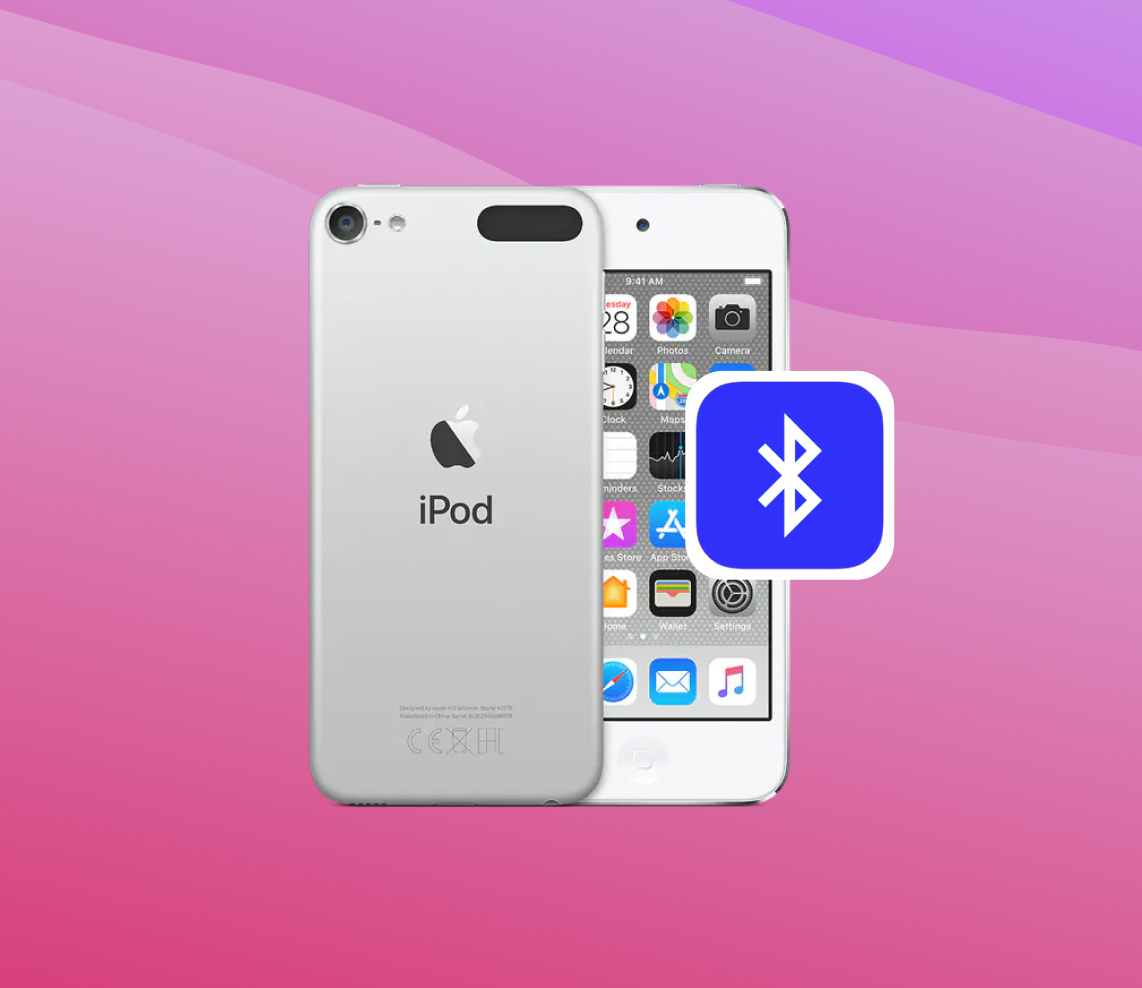Bluetooth technology has revolutionized the way we use electronic devices, providing a wireless alternative to traditional cable connections. This article delves into the transformative role Bluetooth has played in reshaping Apple’s iPods, enhancing user experience and functionality. From outlining the benefits of Bluetooth in iPods to detailing its incorporation across different iPod models, this comprehensive guide will help you understand the true magic of Bluetooth technology in iPods.
Embracing Wireless Freedom: The Magic of Bluetooth in iPods
One of the modern marvels that have completely reshaped our experience with electronic devices is Bluetooth technology. This technology, in particular, has been a game-changer for Apple’s Bluetooth devices, including iPods, allowing for cable-free connections to a wide range of devices such as wireless headphones and speakers, significantly enhancing the user experience.
The integration of Bluetooth technology into iPods has unlocked a new dimension of convenience and user-friendliness. For example, questions like “Do iPods have Bluetooth?” or “Does iPod have Bluetooth?” might arise. The answer is affirmative – recent models such as the iPod Touch and some versions of the iPod Nano are Bluetooth-capable iPods, enabling users to pair them with Bluetooth devices for an enriched audio experience.
Bluetooth technology in iPods, especially in the iPod Touch, comes with a multitude of advantages, enhancing the way users enjoy their iTunes music library:
- ? Wireless audio streaming: Sync your iPod to Bluetooth headphones or speakers for a clutter-free listening experience. For instance, when using Bluetooth headphones, users can adjust the volume or change the track directly from the ear cup, providing an enhanced user experience.
- ? Peripheral device connectivity: Pair with other Bluetooth-enabled devices such as car audio systems or fitness wearables.
- ? Easy data sharing: Share music, photos, or other files seamlessly with friends who have Bluetooth-enabled devices.
Bluetooth has profoundly amplified the functionality and usability of iPods, transforming them from mere portable music players to versatile devices ready to meet the evolving needs of the digital age. The integration of Bluetooth technology into iPods has significantly modified the user experience, making it more convenient and versatile.
Which iPods Have Bluetooth?
Understanding whether or not an iPod model possesses Bluetooth capabilities can be vital for determining its compatibility with other devices and accessories. The following table provides a snapshot of Bluetooth compatibility across different iPod models:
| ? iPod Model | ? Bluetooth Capability |
| iPod Classic | ❌ No |
| iPod Nano (7th Generation onwards) | ✅ Yes |
| iPod Shuffle | ❌ No |
| iPod Touch | ✅ Yes |
iPod Classic
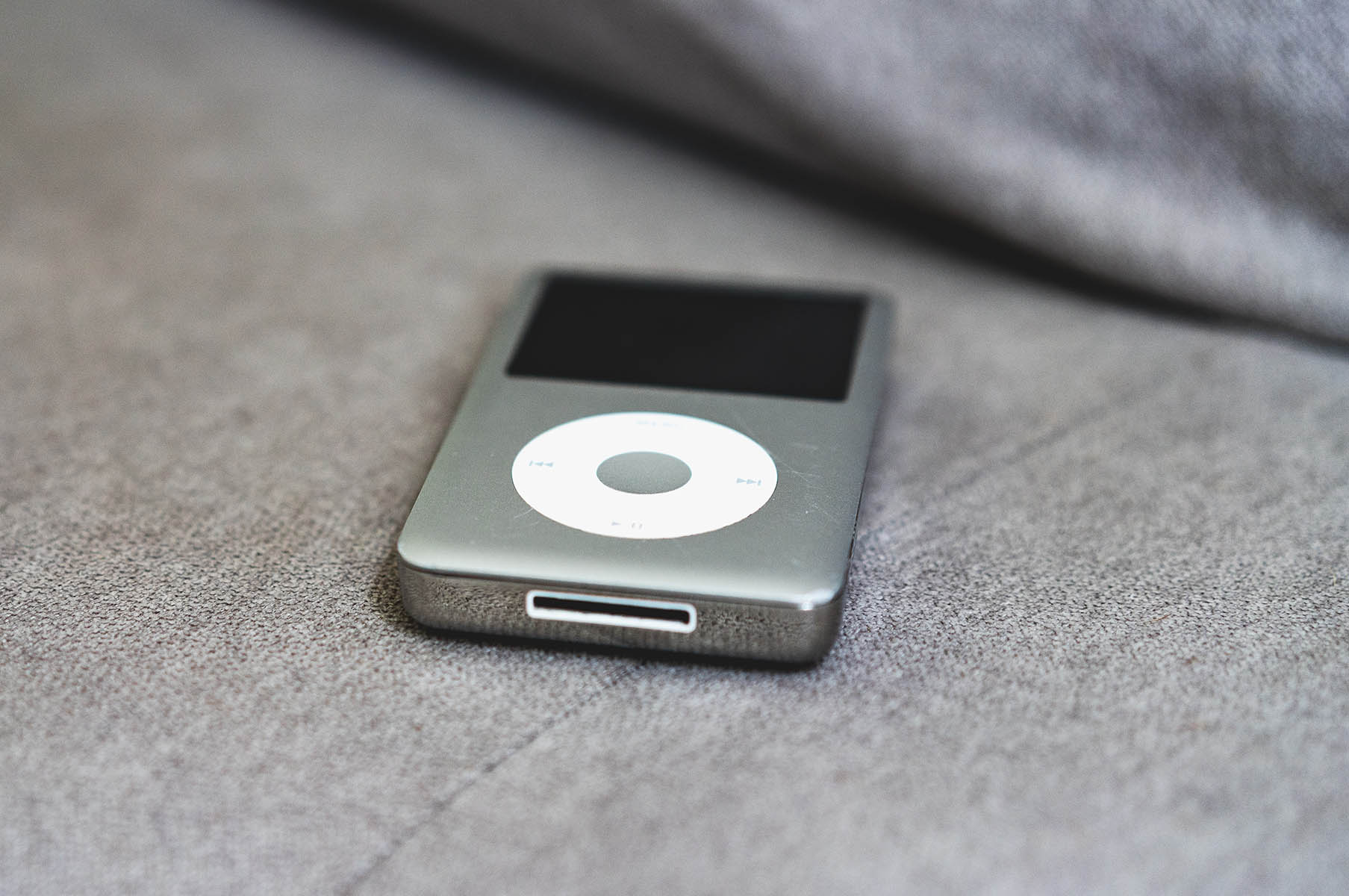
The iPod Classic, known for its quintessential wheel interface, unfortunately, does not support Bluetooth functionality. This model relies on the traditional method of using a wired connection for headphone or speaker connections. To verify this, you can check out the official Apple iPod Classic specifications page.
iPod Nano
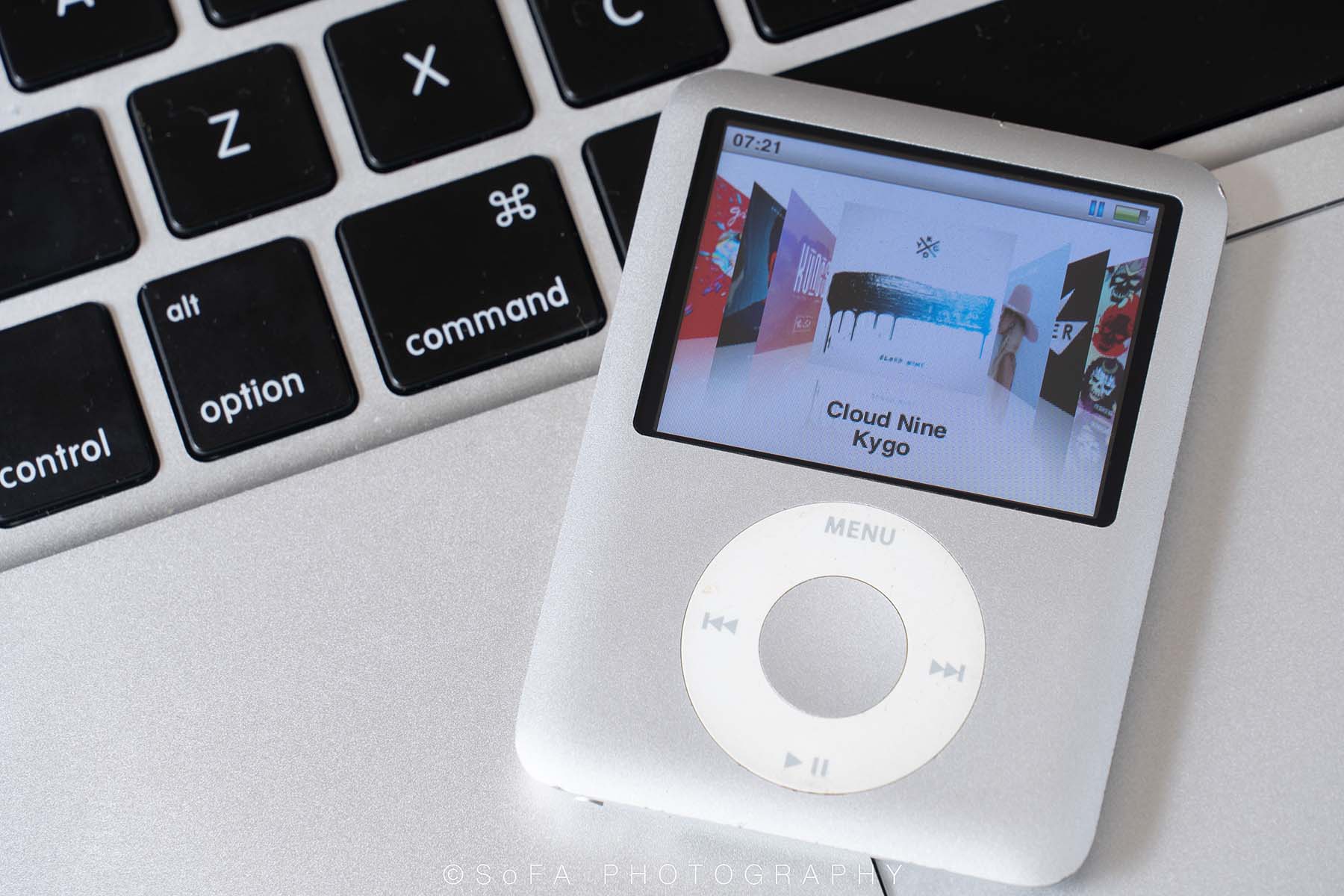
For iPod Nano, often referred to as ‘Nanos’ by users, Bluetooth capabilities were only introduced from the 7th generation onwards. This means that if you have an iPod Nano, but it is from the 6th generation or earlier, it will not have Bluetooth.
iPod Shuffle
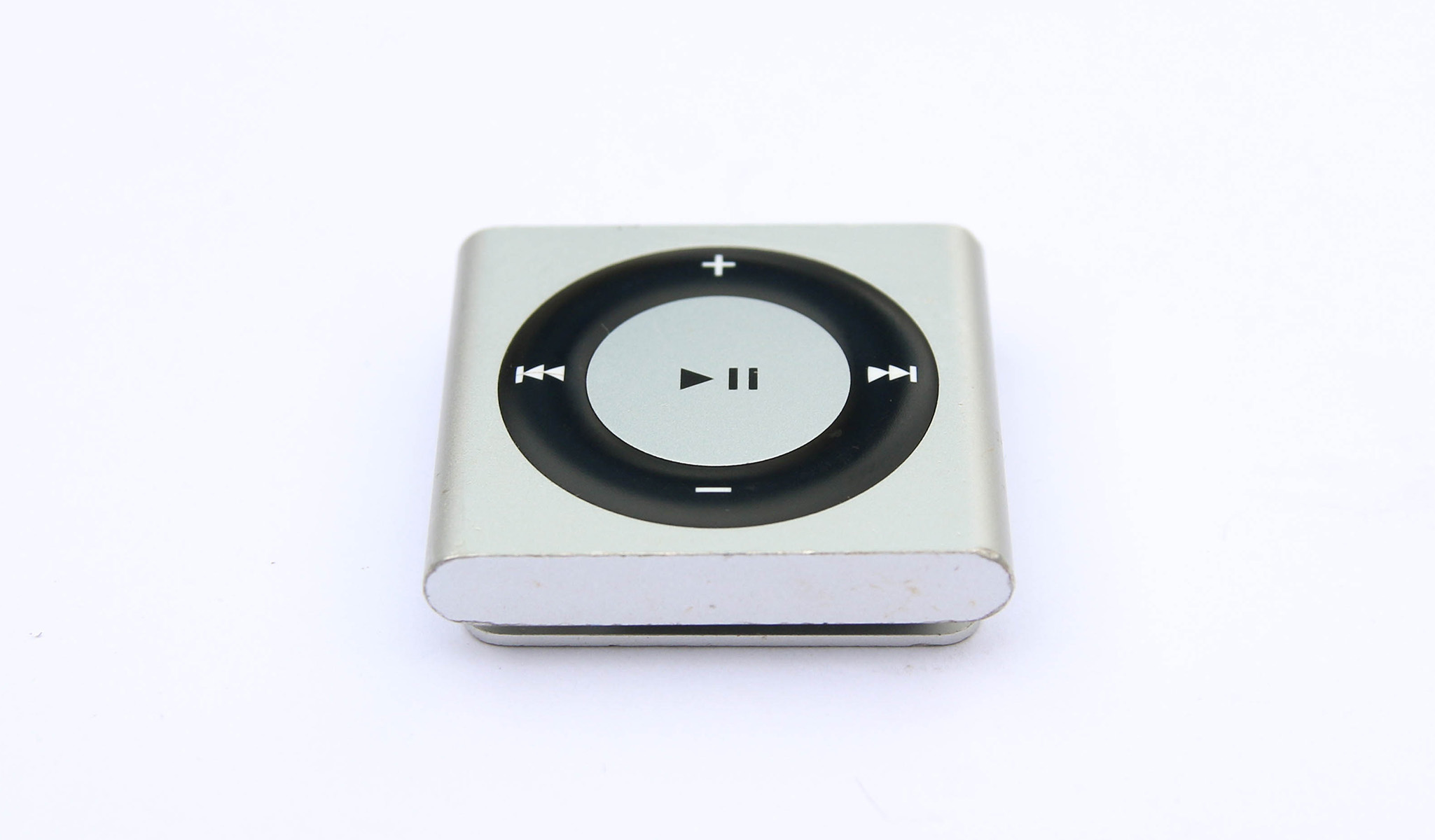
When it comes to the iPod Shuffle, it’s a little disappointing. This compact device, meant for those who want to listen to music on the go, does not support Bluetooth. The absence of a screen and minimal controls make the iPod Shuffle a straightforward music player, but it lacks the modern connectivity options of Bluetooth. More details are available on the Apple support page for the iPod Shuffle.
iPod Touch
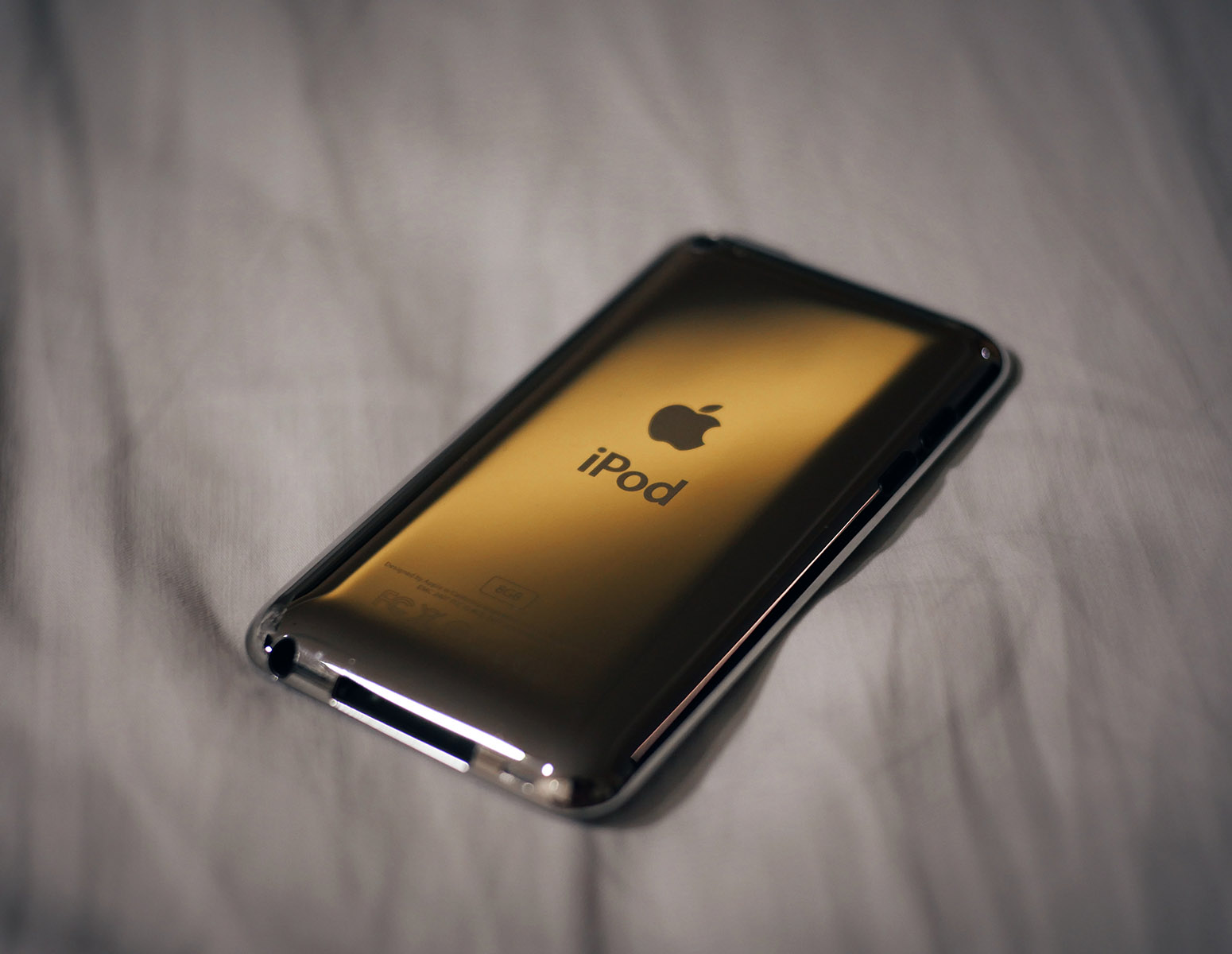
The iPod Touch, often referred to as an iPhone without cellular capabilities, does indeed support Bluetooth. All generations of iPod Touch, starting from the first, are Bluetooth capable. This allows the iPod Touch to connect to a wide range of Bluetooth accessories, such as headphones, speakers, and more, including Apple’s AirPods and AirPods Pro.
This information can help you determine which iPod models suit your needs, especially if you are considering Bluetooth capabilities as a vital factor. For those who need this feature, the iPod Nano (7th gen and later) and iPod Touch would be the best options among Apple’s iPod offerings.
Exploring Bluetooth Capabilities in Different iPod Models
Bluetooth technology has significantly transformed the way we connect devices, enabling seamless and wireless communication between them. Among those devices, Apple’s iPod series has seen various degrees of Bluetooth incorporation, depending on the model. Understanding can enhance your usage experience, whether that’s connecting to wireless headphones, speakers, or other Bluetooth-enabled devices.
Bluetooth Capabilities in iPod Classic
The iPod Classic is a beloved device, but it has one key limitation – it does not natively support Bluetooth technology. In fact, if you’re asking “do iPods have Bluetooth?”, the answer is not a uniform “yes” because the Classic model lacks this feature. However, there are aftermarket adapters available that can provide Bluetooth functionality, allowing users to connect to wireless devices such as headphones and speakers.
Bluetooth Capabilities in iPod Nano
When it comes to iPods with Bluetooth, the iPod Nano 7th generation marked a shift. This model introduced Bluetooth 4.0 capabilities, allowing users to connect to a variety of Bluetooth-enabled devices. These include:
- Wireless headphones
- Bluetooth speakers
- Car audio systems
Note that earlier Nano generations do not offer Bluetooth support.
Bluetooth Capabilities in iPod Shuffle
The iPod Shuffle, like the iPod Classic, does not come with built-in Bluetooth. Therefore, for those wondering “does iPod have Bluetooth?”, the answer may disappoint if they own a Shuffle. Despite this, similar to the Classic, Bluetooth adapters are available to extend the Shuffle’s capabilities and offer a wireless listening experience.
Bluetooth Capabilities in iPod Touch
The iPod Touch stands out among the iPod line for its comprehensive Bluetooth functionality. Starting from the 2nd generation, all iPod Touch models have been equipped with Bluetooth. When asking, “does iTouch have Bluetooth?”, the answer is a resounding yes. Moreover, the iPod Touch, particularly the later models, supports advanced Bluetooth features such as:
- AirDrop transfers
- Handoff functionality
- Continuity Camera
The iPod Touch Bluetooth capabilities essentially turn the device into a compact powerhouse of wireless connectivity, making it one of the most versatile Bluetooth-capable iPods.
In conclusion, while not all iPod models natively support Bluetooth, options exist to enhance their capabilities. By understanding your device’s features and limitations, you can maximize its potential and enjoy a seamless, wireless experience.
Benefits and Limitations of Bluetooth Connectivity in iPods
As the world of digital music continues to evolve, iPods remain a popular choice among many. With the introduction of Bluetooth capabilities in various iPod models, users can enjoy increased convenience and a seamless audio experience. However, it’s crucial to consider both the benefits and limitations of Bluetooth connectivity in these devices.
Benefits of Bluetooth in iPods
- Wireless Convenience: Bluetooth-enabled iPods, including the iPod Touch and some recent versions of the iPod Nano, allow for a clutter-free experience by eliminating the need for wires. Users can connect their iPods to Bluetooth headphones, speakers, or in-car systems without any physical connections.
- Ease of Use: Pairing iPods with Bluetooth devices is straightforward. Once the initial pairing is done, the devices will automatically connect when they’re in range.
- Wide Compatibility: Bluetooth is a universal standard, ensuring iPods can connect with a multitude of devices. Whether it’s headphones, speakers, or car stereos, iPods can seamlessly sync with any Bluetooth-enabled device.
Limitations of Bluetooth in iPods
- Battery Usage: Bluetooth functionality can significantly drain the battery of iPods. While this might not be an issue for short periods of use, it can become problematic for long trips or instances where charging isn’t readily available.
- Sound Quality: Bluetooth connections can sometimes lead to a decrease in sound quality. This is due to data compression that happens when audio files are transmitted wirelessly. For audiophiles, this might be noticeable and slightly degrade the listening experience (source).
- Connectivity Issues: Bluetooth signals can sometimes be unstable, leading to intermittent connection losses. Also, the connectivity range is limited, typically around 10 meters, which could be an issue in certain circumstances.
It’s also worth noting that not all iPods have Bluetooth. Some older models, like the original iPod Classic and older iPod Shuffles, do not come with this feature. Users looking to purchase Bluetooth capable iPods should research their chosen model to ensure it supports Bluetooth functionality.
Despite these limitations, the benefits of having Bluetooth in iPods make it a worthwhile feature for many users. The ability to go wireless and enjoy music in a variety of settings with a broad range of devices certainly outweighs the potential downsides for most people.
Conclusion
In this digital age, Bluetooth technology has undoubtedly become a key feature of iPods, turning these portable music players into versatile devices. This technology not only provides wireless convenience but also allows for a wide range of compatibility with other devices. However, it’s essential to be aware of the limitations such as potential battery drain, possible degradation in sound quality, and occasional connectivity issues. Even so, the benefits far outweigh these limitations for most users. Whether it’s the iPod Touch or the iPod Nano (7th gen onwards), Bluetooth technology significantly enhances the functionality and user experience of these devices. Remember, not all iPod models are Bluetooth-enabled, so it’s crucial to research before purchasing. Embrace the wireless freedom that Bluetooth offers, and enjoy a seamless, clutter-free music experience with your iPod.
FAQ
The iPod Touch 6th generation and 7th generation are quite similar in design, but there are key differences between them. Both versions support Bluetooth, however, the iPod Touch 7th generation has an upgraded Bluetooth 5.0, compared to the 6th generation’s Bluetooth 4.1. This provides better range, speed, and overall connectivity. Moreover, the 7th generation has a more powerful chip, offering improved performance and support for more applications.
Yes, the iPod Touch 4th generation does have Bluetooth. Specifically, it includes Bluetooth 2.1 + EDR, which allows it to connect to other Bluetooth-enabled devices for music streaming, headphone connection, and more. However, please note that this version of Bluetooth may not support all current devices and functionalities.
The first iPod model to have Bluetooth was the iPod Touch 2nd generation, introduced in 2008. It came with Bluetooth 2.1 + EDR. This marked a significant change in the iPod lineup, opening up new possibilities for wireless connectivity.
Older iPods, starting from the iPod Touch 2nd generation and onwards, do have Bluetooth capabilities. However, their older Bluetooth technology may limit the range of devices they can connect to. For example, they may not work with some modern Bluetooth headphones or speakers that require more recent versions of Bluetooth. It’s always recommended to check the Bluetooth requirements of the device you want to connect to your iPod.
